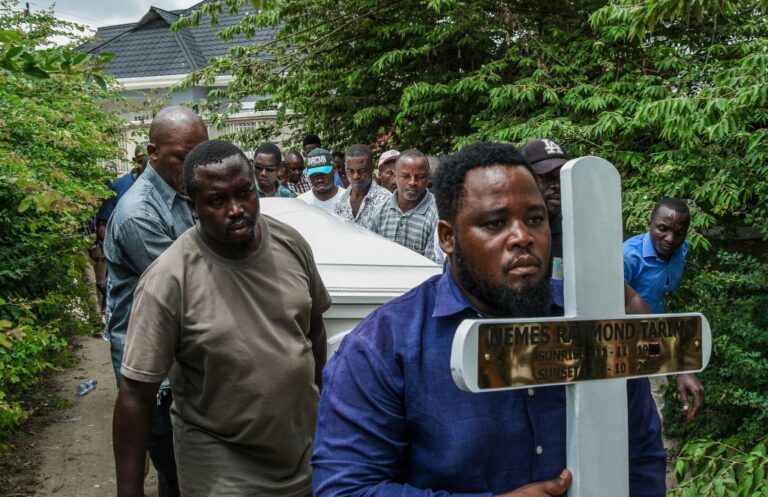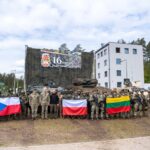As Russia’s war in Ukraine enters its third year, the Kremlin has expanded its global recruitment strategy, increasingly drawing from African nations like Togo to supplement its depleted manpower. Under the guise of offering education, employment, or diplomatic cooperation, Russia has enticed young Togolese men to travel to Russian territory, only for some to find themselves coerced or manipulated into joining the Russian military effort in Ukraine.
2. Russia’s Military Manpower Crisis and Global Recruitment
Following significant casualties and internal dissent due to forced mobilizations, Russia has broadened its recruitment abroad, targeting:
- Former Soviet states
- Central Asia
- The Middle East
- And increasingly, Sub-Saharan Africa
The recruitment drive seeks to:
- Avoid further domestic backlash
- Exploit foreign nationals’ economic desperation
- Create political debts in African governments dependent on Russian security or aid
Togo, a small West African state, has emerged as one of several unofficial recruitment zones, alongside Mali, Burkina Faso, and the Central African Republic (CAR).
3. Case of Togo: Recruitment Through Deception and Coercion
a. Visas and Promises of Opportunity
Many Togolese citizens report being approached by intermediaries or online ads offering:
- Educational scholarships in Russian universities
- Construction or agriculture jobs in Russia
- Training programs under “bilateral cooperation” programs
Upon arrival in Russia, visa status is used as leverage. Some are told they must join the military to avoid deportation or secure residency.
b. Recruitment into the Russian Army or Wagner-Affiliated Units
In multiple cases documented by local NGOs and press sources, Togolese nationals have been:
- Offered fast-tracked Russian citizenship in exchange for military service
- Pressured into signing contracts without understanding the terms
- Given basic training and then deployed to high-risk zones in Ukraine
This reflects tactics similar to Russia’s use of Syrian and Central African fighters earlier in the war.
4. Colonial Echoes: Russian Policy as Neo-Imperialism
Russia presents itself as an “anti-imperialist” partner to Africa, contrasting itself with the West. However, the recruitment of Africans for war abroad under false pretenses strongly echoes the colonial practice of using African soldiers as expendable auxiliaries.
a. Historical Parallels
- France used “tirailleurs sénégalais” in both World Wars.
- Russia’s strategy mimics colonial-era exploitation—recruiting from impoverished populations to fight imperial wars.
b. Modern Neo-Colonialism in Practice
Key signs of neo-colonial intent:
- Exploitation of weak African governance and poverty
- Use of security services (e.g., Wagner) to dominate African political elites
- No accountability or transparency in military agreements
- Disregard for African human rights and sovereignty
Far from fostering equal partnerships, Russia is reviving an extractive, opportunistic model of engagement in which African lives are commodified for geopolitical goals.
5. Geostrategic Goals for the Kremlin
The recruitment of Togolese and other African nationals serves several Russian objectives:
a. Manpower Replacement Without Domestic Risk
- Allows continuation of offensives in Ukraine while avoiding Russian casualties
- Reduces risk of domestic protests or political backlash
b. Tightening Political Grip on African Governments
- Offering security support (or turning a blind eye to authoritarianism) in exchange for political alignment or raw materials
- Embedding mercenaries and Russian influence in military institutions
c. Propaganda and Global Optics
- Allows Russia to claim “international support” for its war effort
- Frames participation by Africans as part of a “global anti-Western struggle”, appealing to Pan-Africanist or anti-colonial rhetoric
6. Human and Political Consequences for Togo
a. Exploitation of Togo’s Youth
- Young Togolese are trapped by economic desperation, and find themselves dying in a war they know little about
- Families are left in the dark, with no official records or compensation
b. Diplomatic Fallout
- Togo risks reputation damage and entanglement in a war it did not choose
- May face pressure from Western partners to distance itself from Russian cooperation
c. Erosion of Sovereignty
- The quiet militarization of Togolese citizens abroad reflects Togo’s growing dependency on opaque deals with Moscow
- Domestic opposition and civil society increasingly view these developments as a betrayal of national interest
7. Conclusion
Russia’s recruitment of Togolese citizens to fight in Ukraine is not an isolated aberration, but a deliberate component of a broader neo-colonial strategy aimed at militarizing Africa’s poor to serve Moscow’s geopolitical agenda. Cloaked in the language of friendship and anti-imperialism, the reality is grim: deception, coercion, and exploitation of the most vulnerable for a foreign war that brings them no benefit—and likely no return.
The international community must expose and confront these practices as violations of international human rights norms, and African governments—Togo included—must reassert sovereignty by rejecting hidden militarization deals that echo the continent’s colonial past.
Russia’s recruitment of African prisoners—not just African civilians—is a disturbing development that serves both strategic military goals and neo-colonial ambitions. This practice mirrors what Moscow has already done domestically: using its own prison population as expendable frontline troops. Here’s a breakdown of why Russia is doing this in Africa.
1. Manpower Crisis and Disposable Soldiers
Russia is facing a severe manpower shortage due to high battlefield casualties, declining domestic recruitment, and resistance to mobilization inside Russia.
- African prisoners are seen as “disposable assets”—cheap, untraceable, and expendable.
- They are often offered false promises: freedom, money, or Russian citizenship in exchange for military service.
- Many are sent to the most dangerous frontline positions, such as in Donetsk or near Kharkiv, often with minimal training.
This tactic mirrors what the Wagner Group did with Russian convicts early in the war.
2. Exporting the Wagner Model Abroad
The Wagner Group, and its successor structures under the Russian Ministry of Defense, have already operated in African prisons—especially in:
- Central African Republic
- Mali
- Burkina Faso
- Togo and Cameroon
They cut private deals with local authorities or military juntas to access prison populations in exchange for weapons, training, or protection services.
This is part of a broader “guns for influence” model: Russia provides regime support, and in return gets total control over human resources and local assets.
3. Neo-Colonial Resource Extraction — in Human Form
Russia treats African prisoners not as individuals with rights but as commodities in a new form of human trafficking for military exploitation.
- The practice resembles colonial-era conscription of African labor and soldiers.
- It undermines African sovereignty, as it involves secret deals with unaccountable regimes.
- It creates a class of African mercenaries, cut off from their homeland and used for foreign wars.
This is modern neo-colonialism through militarization, with Moscow using poverty, imprisonment, and corruption to enslave African bodies for its wars.
4. Intelligence and Propaganda Purposes
Russia also uses African prisoners in warfare to:
- Spread disinformation: portraying African presence in its army as proof of “global support”
- Undermine Western narratives about the war by showcasing a “multi-ethnic coalition”
- Possibly embed intelligence assets into African groups for use in postwar influence campaigns
5. Diplomatic Blackmail and Leverage
By recruiting African prisoners and returning them home (dead or alive), Russia gains:
- Leverage over African governments through secrecy, shared criminal complicity, or political blackmail
- Influence over local elites or warlords by controlling fighters and prison systems
- A new set of pro-Russian loyalists who may be deployed back to Africa for repression or influence operations
This feeds into a long-term goal: militarizing African politics to serve Russian interests.
Militarized Neo-Colonialism
Russia’s recruitment of African prisoners for its war in Ukraine reflects a strategic fusion of militarism, neo-colonialism, and exploitation. It’s not simply a desperate act—it’s a calculated one.
- It exploits Africa’s most vulnerable
- It deepens Russia’s covert grip on unstable regimes
- And it exports warfare while avoiding costs at home
If left unchecked, this could transform African prisons into recruitment hubs for foreign wars, and create a pipeline of coerced African fighters who are both victims and tools of Kremlin strategy.
Estimating the exact number of African mercenaries killed while fighting for Russia in Ukraine is challenging due to limited transparency and inconsistent reporting. However, available information provides some insight into the scale of these casualties.
Estimated Casualties Among African Mercenaries
- Overall Figures: Reports indicate that approximately 249 African mercenaries from 14 countries have participated in the conflict, with 103 confirmed fatalities.
- Country-Specific Data:
- Nigeria: Among the 249 mercenaries, 97 were from Nigeria.
- Algeria: 60 mercenaries hailed from Algeria.
- South Africa: 35 individuals from South Africa were involved.
- Zimbabwe: Reports suggest that three former soldiers from Zimbabwe have participated.
- Notable Cases:
- Central African Republic: Derrick Ngamana, a 32-year-old former soldier from the Central African Republic, was confirmed as the first African mercenary to die in the Ukraine conflict.
- Tanzania: Nemes Tarimo, a Tanzanian student, died in October 2022 while fighting for the Wagner Group in Bakhmut, Ukraine
Challenges in Accurate Reporting
The clandestine nature of mercenary recruitment and deployment, coupled with limited media coverage and official acknowledgment, makes it difficult to ascertain precise casualty figures. Many African governments have not publicly confirmed the involvement or deaths of their nationals in the conflict, further complicating efforts to obtain accurate data.
Based on available data, approximately 41% of African mercenaries recruited by Russia for the war in Ukraine have been killed. Specifically, out of 249 known African mercenaries, 103 fatalities have been reported.
This casualty rate is notably higher than the overall reported fatality rate for all foreign mercenaries fighting for Russia, which stands at around 44.5%—with 5,962 deaths out of 13,387 foreign fighters.
The elevated fatality rate among African mercenaries may be attributed to several factors:
- Deployment in High-Risk Roles: Reports suggest that African fighters are often assigned to front-line positions with minimal training, increasing their exposure to danger.
- Coercive Recruitment Practices: Some African nationals have been misled or coerced into joining the conflict, potentially leading to inadequate preparation and support
- Lack of Official Oversight: The clandestine nature of mercenary recruitment and deployment, coupled with limited media coverage and official acknowledgment, complicates efforts to provide proper support and accountability.
These factors contribute to the disproportionately high casualty rates among African mercenaries in the Ukraine conflict.
Geopolitical Implications for Africa
- Destabilization risk: Returning African mercenaries (injured, traumatized, or radicalized) could pose a security threat in weak or authoritarian states.
- Russian influence over African regimes: Show how this recruitment strengthens Moscow’s hold on African governments through military dependency or coercive diplomacy.
- 2. Legal and Human Rights Dimension
- Violation of international law: Recruiting prisoners (especially foreign nationals) for war likely violates international humanitarian norms, especially if done without due process.
- Human trafficking aspect: This could qualify as a form of modern slavery or coerced labor under international law.
3. Disinformation and Propaganda
- Russia often promotes the presence of African fighters as evidence of “global” support, while hiding their losses. This serves its:
- Domestic propaganda (“the world is with us”)
- African influence operations (“Russia treats you with dignity,” in contrast to the West)
- This manipulation of African bodies for narrative purposes should be framed as a propaganda warfront.
4. Comparison with Wagner’s Previous Models
- Contrast this African recruitment with Wagner’s earlier practices in Syria, Libya, and the Sahel.
- Highlight the shift from “security contractors” to de facto forced labor and expendable infantry.
5. Data Transparency and Media Suppression
- Both African and Russian authorities suppress information:
- Families are often not informed about deaths
- Bodies may not be repatriated
- Journalists are intimidated or censored
This adds a critical layer on the opacity and impunity surrounding this practice.
6. Policy Recommendations:
- The African Union and ECOWAS should investigate and sanction any governments complicit in recruitment.
- Western donors should pressure African governments to reject these deals in exchange for aid, visas, or development support.
Monitoring bodies (like the UN Human Rights Council) could create a task force on mercenary recruitment and abuse in conflict zones.
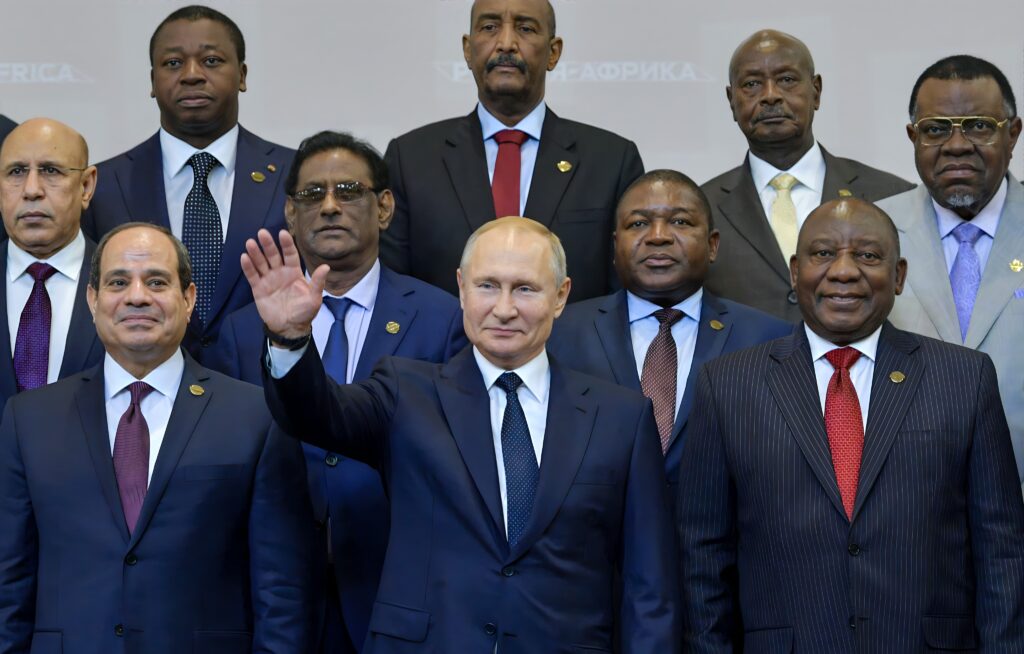
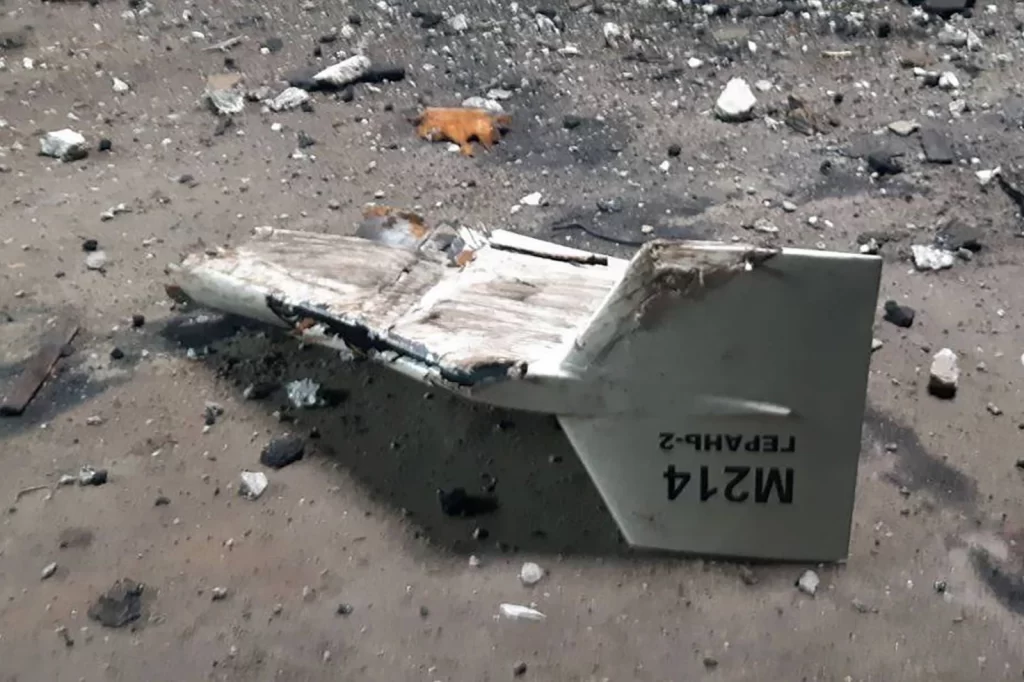
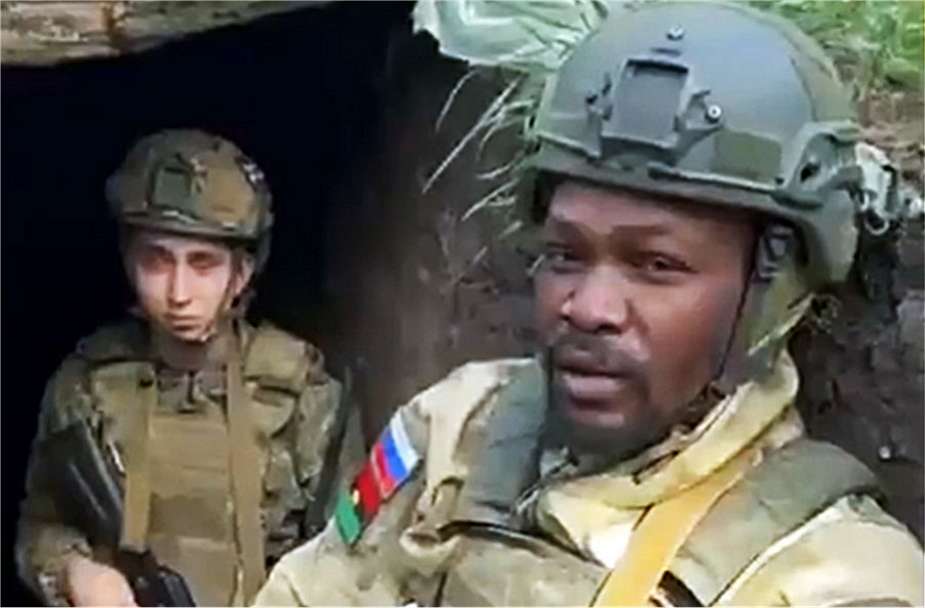
More on this story: Kremlin’s Colonial and Racist Policies in Africa
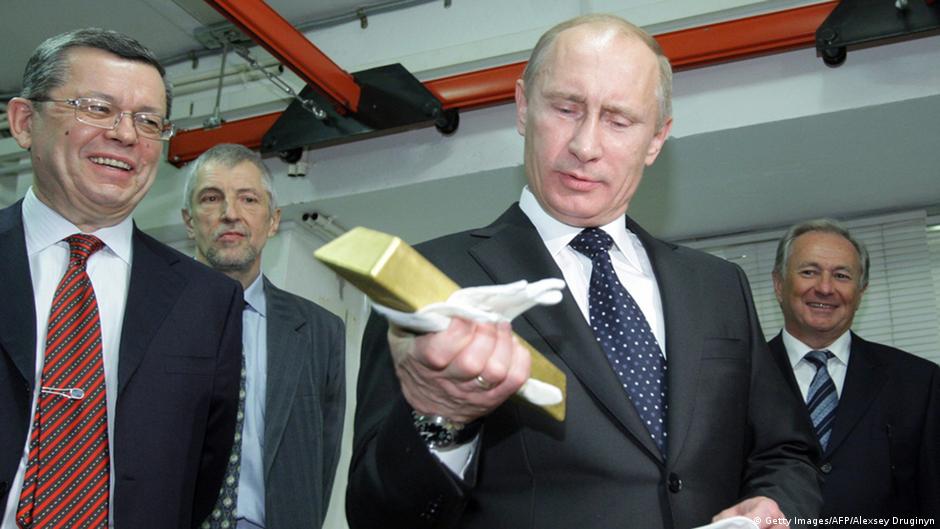
More on this story: Africa loses gold deposit sovereignty and turns into Russian colony
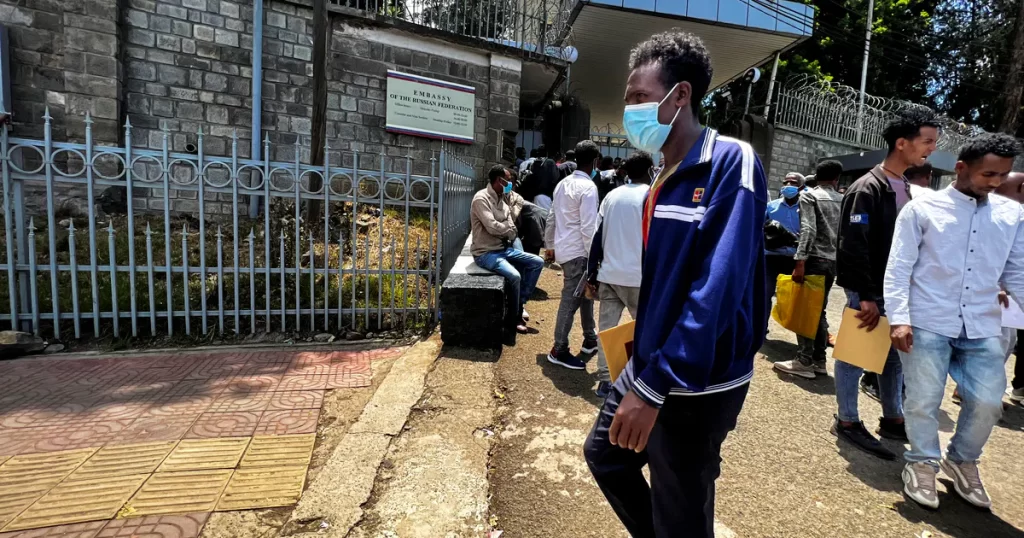
More on this story: Russia uses African mercenaries as consumables in the war against Ukraine
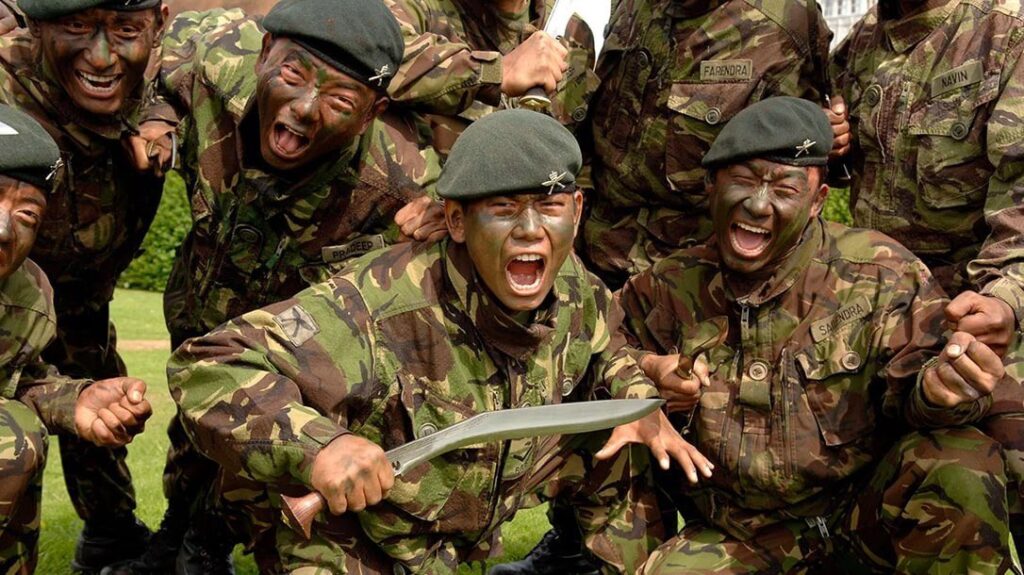
More on this story: Warning: foreign students are advised to leave Russia urgently


